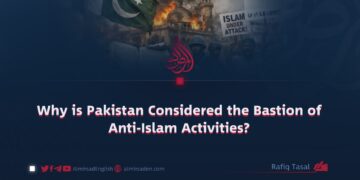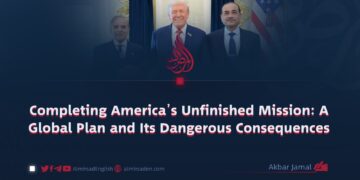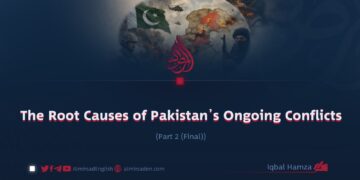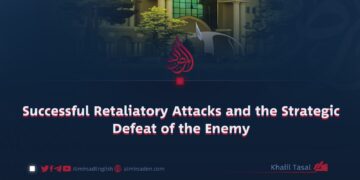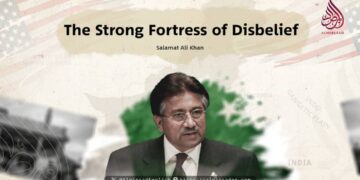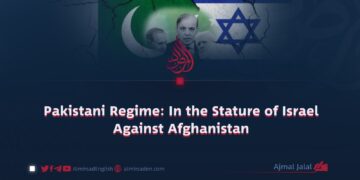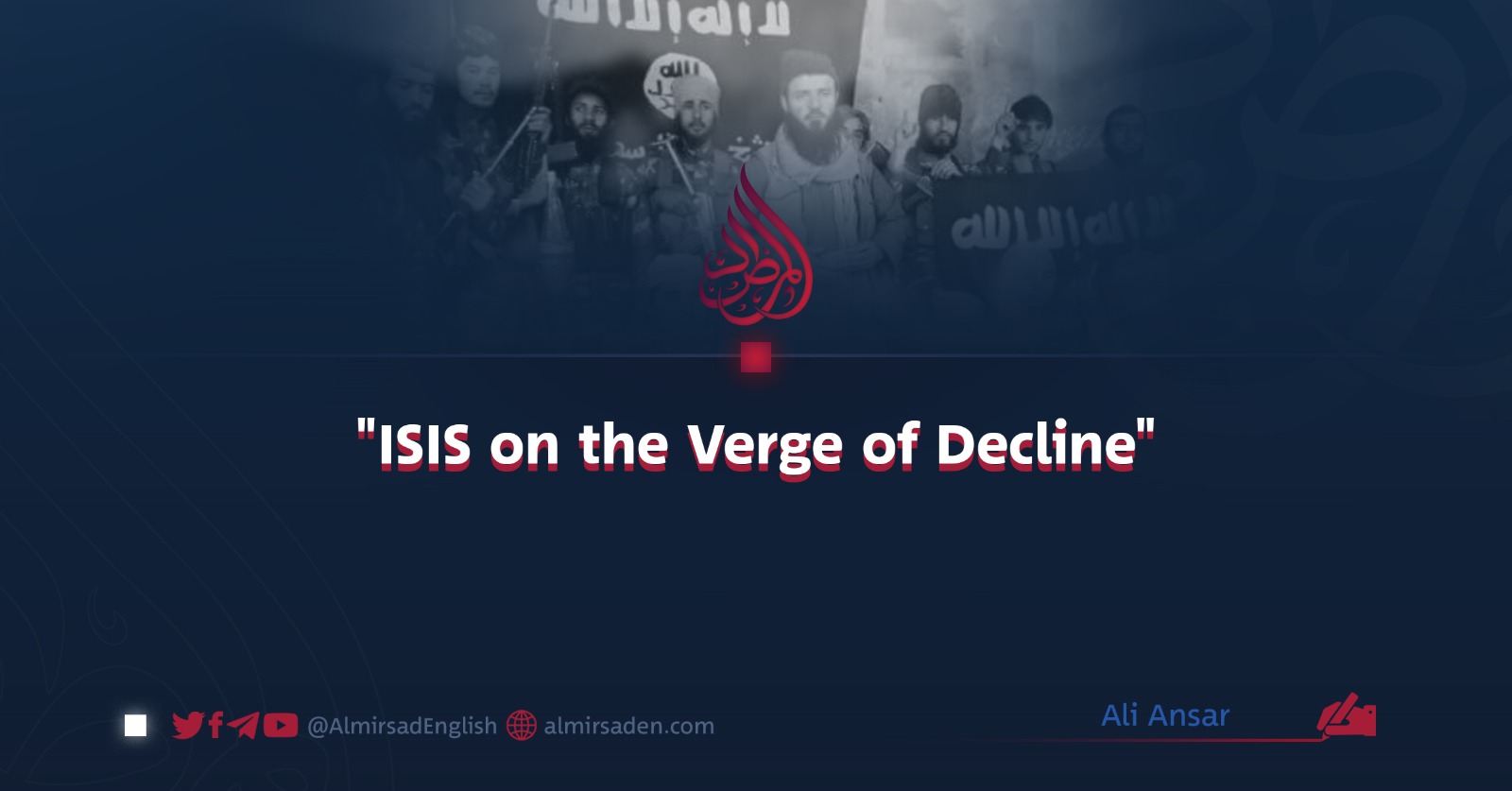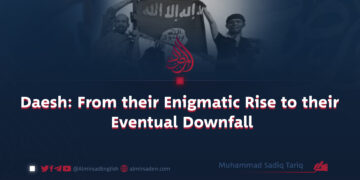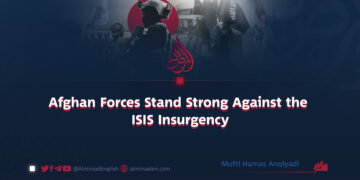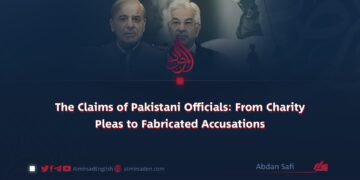Written by: Ali Ansar
During its inception, ISIS initially gained substantial support from the United States, receiving financial and logistical assistance. Through widespread recruitment and media propaganda, they attracted individuals from various parts of the world.
During a significant period, ISIS progressed successfully, earning a reputation in the region and beyond. Claiming to establish a caliphate, many Muslims—especially the younger generations—were deceived by their outward behavior and rhetoric.
Nevertheless, ISIS failed to uphold its promises. It swiftly engaged in widespread barbaric acts, particularly in the Arab territories, with a focus on Iraq and Syria. They perpetrated grave atrocities, instigating turmoil and violence within Muslim communities. It can be argued that ISIS, cloaked in religious guise, mirrored the principles of Zionism.
Fortunately, their reign was short-lived as courageous forces rose up against them, leading to their eventual downfall. Meanwhile, in Afghanistan, the U.S. was facing its own challenges. To deflect attention, they turned their mercenary guns towards Afghanistan under the banner of ISIS. However, since ISIS was already exposed in the Arab world, it did not take deep root in Afghanistan. They quickly crumbled alongside the U.S. and the Afghan republic.
Afterward, the U.S. sought local allies to fund ISIS-Khorasan branch. They chose regional countries: Tajikistan was tasked with recruiting fighters, while Pakistan was responsible for intelligence training. Both of these nations share borders with Afghanistan and have a history of poor relations, often working to destabilize Afghanistan.
However, due to Pakistan’s political and economic uncertainties, coupled with political turmoil within the United States and sanctions imposed on Tajikistan, ISIS’s funding and activities have been significantly curtailed.
Presently, ISIS is aligning itself with a handful of dishonorable, treacherous, and ostracized individuals within Afghanistan, occasionally resorting to acts of terrorism through them and exploiting their statements to instill fear.
Nonetheless, this alliance is on a precarious ground and is anticipated to come to an end soon.













